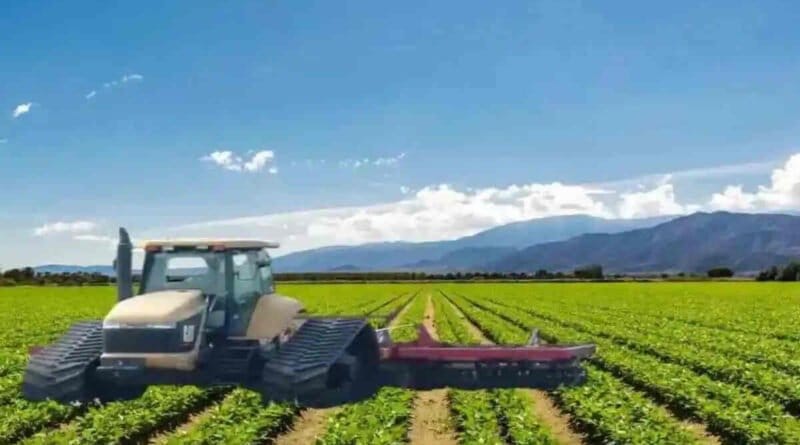North Carolina’s Agriculture Hits $100 Billion Amid Challenges
Agriculture is the number one industry in North Carolina, and it recently grew by 11% to exceed $100 billion in economic impact. In May, Agriculture Commissioner Steve Troxler was all praise for the efforts, and regarding the milestone, he said, “It is a big accomplishment for everyone in agriculture and agribusiness and proves how much we can accomplish when we are all pulling together.”
Despite facing challenges like unpredictable weather, agriculture remains the most important sector in the state. While other industries such as banking and research have also grown considerably, agriculture continues to be the largest employer, offering jobs to one-fifth of the state’s workforce.
Economist Mike Walden from North Carolina State University reported a substantial increase in economic impact, rising from 0.9 billion to 3.2 billion in the past year—an impressive 75% growth since 2005. However, concerns arise about potential farmland loss, with 7,000 acres earmarked for various developments, including an electric vehicle manufacturing plant, and an additional 45,000 acres at risk due to solar developments.
The industry is also coming up with terms for the proposed changes by the U.S. Department of Labor to the H-2A program for temporary workers, particularly affecting smaller farms. Some Congress members and state attorneys general are opposing these changes as they fear that they would give priority to foreign workers over native U.S. citizens.
In the poultry sector, farmers contributing to North Carolina’s national rankings of second in turkeys and fourth in broilers are facing new regulations from the U.S. Department of Agriculture. These regulations involve disclosure documents on pay for growers, flock losses, food shortages, and farmer complaints. Critics, including Mike Brown, president of the National Chicken Council, said in a statement, “This is the latest example of Bidenomics pushing increased regulations, red tape and costs onto businesses, causing record inflation and input costs, threatening food security and potentially raising grocery bills even further for Americans.
On a positive note, farmers received good news in November from a state Court of Appeals ruling. The Administrative Procedure Act’s rule-making procedure was not followed by the Department of Environmental Quality, so the court invalidated three of its General Permit requirements pertaining to animal waste. Following a settlement with opposing nonprofit groups, the Farm Bureau Legal Foundation, which litigated the issue, thought that the permits were generated without following the correct legal procedures in North Carolina.








